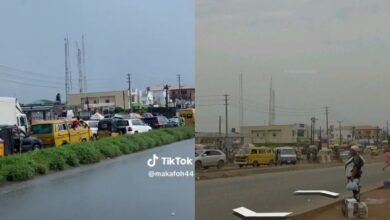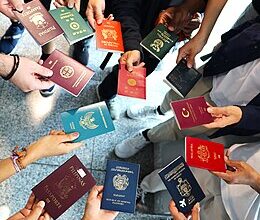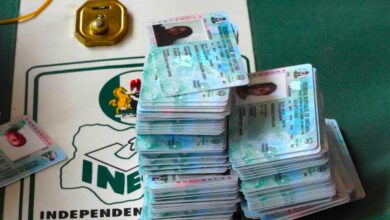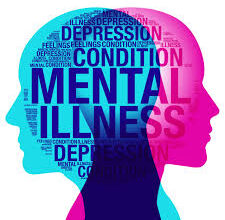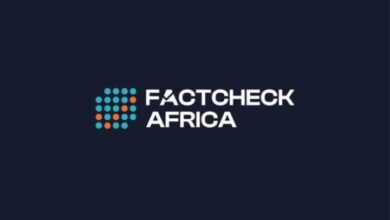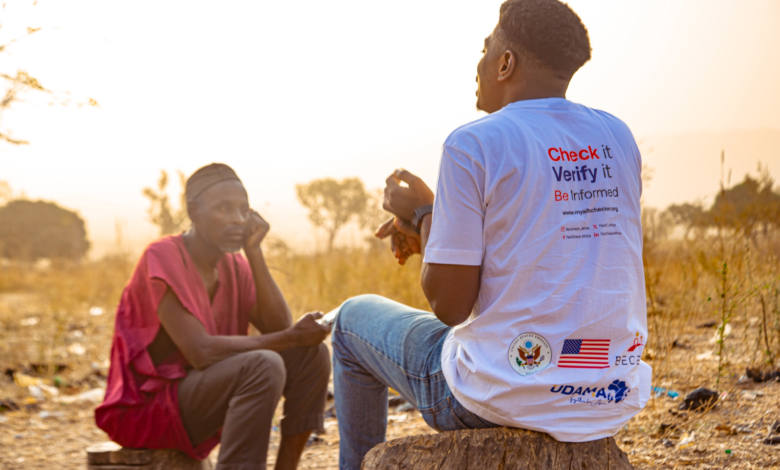
By Sunday Taiwo
In a connected world where unequal access to information can hold communities back, media literacy is essential for building informed and resilient people. For many rural residents across Nigeria, access to credible information is not only a right but a necessity for participating in the nation’s growing digital landscape. However, with the rise of misinformation and disinformation, especially in underserved communities, there is an urgent need to equip individuals with the skills to critically assess information sources.
FactCheckAfrica has risen to this challenge. In the last ten months, with the support of Becera and the International Fact-Checking Network (IFCN), we have conducted a series of grassroots sensitization programs aimed at advancing media literacy and fact-checking skills. This campaign spanned the six geo-political zones of Nigeria, reaching over 14,000 rural residents in communities from Sokoto to Osun to Imo, strengthening citizens’ ability to identify misinformation, consume media critically, and participate actively in the democratic process by engaging with factual, credible information.
A Multi-Zonal Outreach: Bridging the Literacy Gap
The impact of misinformation in rural areas cannot be understated. With limited access to formal media, internet and fact-checking tools, misinformation can easily sway public opinion, exacerbate conflicts, and harm social cohesion. To tackle this, FactCheckAfrica’s community sensitization programs were strategically designed to equip residents with essential media literacy skills. Each session was tailored to address the unique socio-cultural contexts of the zones, ensuring that participants could relate to the material and apply it in their daily lives.

From the cities of Lagos to the remote villages of Borno and Oyo, FactCheckAfrica employed a diverse range of training methods, including interactive workshops, storytelling, and visual aids, all delivered in local languages. By using relatable scenarios and fostering group discussions, the sessions encouraged critical thinking and collaborative learning among participants. A key aspect of our initiative is its focus on inclusion. Our research revealed that many Persons with Disabilities (PWDs) are highly active on social media, where both accurate and misleading information circulate. Given their frequent use of these platforms to stay informed and connected, PWDs play a crucial role in the dissemination of information—both credible and false. This highlights the importance of our intervention, which provided them with practical fact-checking skills and tools.

Between August and September 2024, we partnered with the Disability Not A Barrier Initiative (DINABI) to engage the Joint National Association of Persons with Disabilities (JONAPWD) in Ekiti State, where we sensitized over 300 PWDs from various disability clusters. Participants were introduced to tools like MyAIFactChecker, and many actively tested the tool with their smartphones during the session. The PWD community committed to ensuring that only verified information is shared within their networks.

A Wider Reach: Engaging the Next Generation
In addition to its work in rural communities, FactCheckAfrica has been instrumental in bringing fact-checking education to Nigeria’s tertiary institutions. In just 2024, we have reached over 9,496 students across 10 institutions, with ongoing plans to expand the program to Kwara State Polytechnic before the year runs out.

The Fact-Checking and Digital Rights Conference, a flagship event organized by FactCheckAfrica, has provided students with both theoretical and practical skills in combating online misinformation. Through panel discussions, live demonstrations, and hands-on fact-checking exercises, students were exposed to the importance of safeguarding digital rights and fostering an informed digital ecosystem.

Institutions like the Kwara State University – Malete, Kaduna State University (KASU), Federal College of Education (Technical) Gombe, and The Federal Polytechnic, Ado-Ekiti were just a few of the beneficiaries of this program. These institutions serve as critical hubs for nurturing the next generation of journalists, technologists, and civic leaders—individuals who will play crucial roles in shaping the media landscape of tomorrow. Through the conference and additional training initiatives, students were challenged to re-imagine the power of truth in the information age, given the tools to act on that vision, and many of them now serve as FactCheckAfrica Ambassadors in their various campuses and communities.

Building Media Literacy Skills Through Train-the-Trainer Workshop
In partnership with the Deliberative Democracy Lab at Stanford University, USA, we held a successful Train-the-Trainer workshop on Media Literacy for 25 selected secondary school teachers in Kwara State, Nigeria. This initiative equipped educators with essential tools to foster media literacy and fact-checking skills among students. Given the increasing impact of misinformation on vulnerable communities, empowering teachers is a vital step in nurturing informed future generations. The workshop, held in September 2024 featured interactive sessions on digital literacy, responsible media consumption, and fact-checking techniques, alongside practical exercises that enabled participants to design lesson plans integrating these skills into their curricula.

Driving Impact through Partnerships and Innovation
None of this would have been possible without strategic partnerships. Thanks to the support from Becera, International Fact-Checking Network (IFCN), and Stanford University’s Deliberative Democracy Lab, we have been able to deploy innovative media literacy campaigns at scale. These partnerships enabled us to design programs that are accessible, culturally relevant, and highly impactful, reaching individuals in some of Nigeria’s most remote and underserved regions.
Moreover, the partnership has allowed us to advance the integration of Artificial Intelligence (AI) in our fact-checking processes, enabling faster and more accurate verification of information. This cutting-edge tool has not only enhanced the efficiency of our fact-checking operations across Africa and globally but has also provided communities with real-time, fact-based responses to misinformation.

Shaping the Future of Media Literacy in Nigeria
As we commemorate Global Media and Information Literacy Week 2024, we reflect on the strides FactCheckAfrica has made in advancing media literacy across Nigeria. From the rural landscapes of Nigeria’s six geo-political zones to the vibrant halls of academia, our work has impacted over 22,000 individuals this year alone. By equipping citizens with media literacy skills, we are not only combating misinformation but also fostering an informed citizenry capable of making well-rounded decisions in the face of digital challenges.
As we move forward, FactCheckAfrica remains committed to scaling these initiatives, expanding our reach to even more underserved communities, and continuing to champion the role of fact-checking and media literacy as indispensable tools in the fight against misinformation. The journey is far from over, but together—with willing partners and the communities we serve—we are shaping a future where every Nigerian, every African, can engage with the media critically, responsibly, and effectively.
